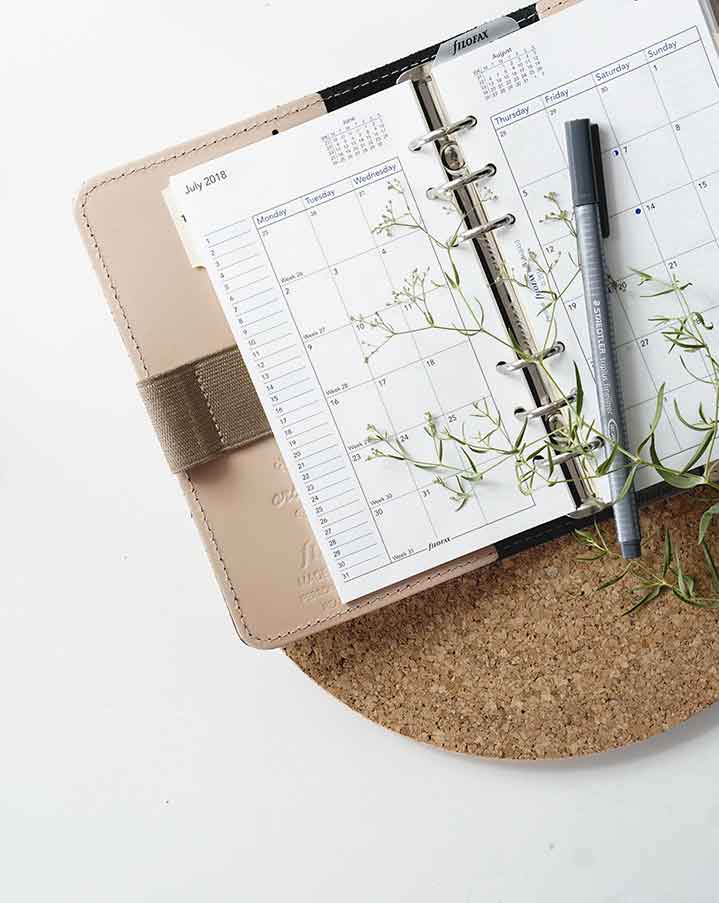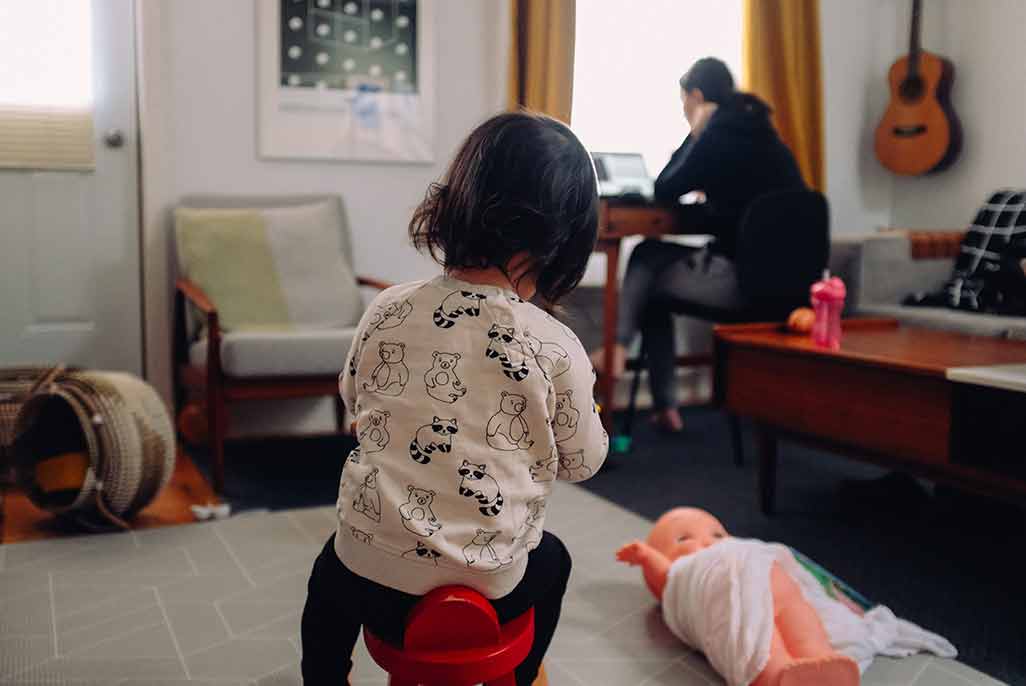
Written by Christine Aitcheson, CHRP
Human Resources and Finance Administrator
Zehr Insurance Brokers Ltd.
Insurance has been considered an essential service and therefore, we have remained working throughout the pandemic and gave all of our employees access to work from home. Some continued to work in the office but most are working from home (WFH).
You might have a spouse, partner/, roommate, pet(s), child(ren), parent(s), health condition(s), none of the above or a complete lack of motivation and any or all of those things may influence how your new normal workday goes.
To work from home, it helps to have a dedicated workspace, a plan, some routine and make sure you take some “me” time. This is an extraordinary time and only a few of us had previous experience working from home. According to Forbes on LinkedIn, there are some companies making WFH policies permanent. While schools and day cares remain closed, many parents need to stay home and some people are unable or do not feel comfortable going out to work yet.
Dedicated Workspace
Now I realize not everyone has a lovely office in his or her home. I spent the first month of my WFH time using the kitchen counter while perched on a bar stool with earphones on to allow me to concentrate on my work. The children wanted stories read, the dog wanted to sit on my lap and my husband was supportive by telling the dog and children to stop bothering Mum…, which distracted me.
All of this led me to move my home office elsewhere with a real desk, a proper chair and fewer distractions. The move to a desk/table and chair really improved how I felt physically after work. Our children are toddlers, so having a baby gate to prevent them coming upstairs to say hi every couple of minutes helped too.
I’ve heard different stories about other people’s experiences with home offices. Some are using a piece of their bedroom, a corner of their living room or the dining room. It will depend on you, your situation and your space. I had a choice between the basement and a bedroom for my new home office and I realized I like the window in the bedroom, so my desk is there. I get lots of natural light and if the morning sun is too bright, I have the option of shutting the curtains.
At one point in time (before day cares were closed), I had considered working from the living room, but I realized that would be a huge distraction. It is a good idea to differentiate your workspace from your home space with a separator or barrier of some sort, like a sheet or wall divider.
Who knows, maybe your kids could make something out of Lego for you? If you can close yourself off a bit, it may help with online meetings too.
Working in a dedicated spot in your home allows you to associate that place with work and the rest of your home with, well, not work. I mentioned the chair situation and I’m a big believer in having a good spot to sit. It really helps with overall ergonomics if you can sit up straight, feet at a comfortable height, shoulders back, head up and looking at your workspace without developing a musculoskeletal injury. I actually brought my chair from work home (with my Manager’s permission of course).
I’m a big believer in having a good spot to sit. It really helps with overall ergonomics.
Once you have your space all settled, the next step is to plan your workday. I know that most of you may be laughing at me about this because with everything going on, are we allowed to make plans for anything anymore? Who knows but I generally try with a plan and see how it goes and it has helped me. I’m not saying you need to have every minute of your day organized. It should be somewhat simpler than that. I find making a list helps to keep me on track when everything is top priority, the workload is heavy and you have home-related distractions (children, pets, that pile of laundry calling your name and begging to be put in the dryer/on the line). I sometimes even number the items on my list so I stick to the order.
I often make my list at the end of the workday so I’m ready to go the next day. When you do get up in the morning, follow your old workday plan: get dressed in something other than pajamas for your “workday”. This will help you get into work mode. During your workday, take a lunch break. Stop working for 30 minutes; it IS a requirement according to the Employment Standards Act. Beyond that, remember this is a strange time and a good way to combat stress is exercise and being mindful of your mind. Go for a walk, throw a slam ball around, play with your kids, take some deep breaths, bake, read, knit, sew, play a musical instrument or sing. Do what works for you. If you are trying to WFH with children around during the day, maybe you are working a bit in the evenings after they go to bed and make up some time.
Your plan may be very different from another person’s plan. You may need to get groceries or supplies for someone. You may need to stop and change a diaper or help with potty training. Make another snack for someone.

Perhaps you, like many others have graduated from “teacher’s college” and now you need to figure out the lesson plan. The list goes on.
At the end of your workday, have a signal for yourself that the workday is over and now, you are home to do home things. One person found that he needed to go for a walk with music on to help him shut down his workday. He felt the break between working and being “home from work” allowed his mind to realize work was over for the day. I realize breaks and plans and signals do not always happen for everyone, but maybe adding part of one of these suggestions may help you.
Routine
In terms of your work schedule, it will make your life easier if you set a routine. If you know 1 pm is nap time for your child and if they don’t get a bottle and a book read to them with exactly 20 minutes of snuggles followed by kisses on each cheek, their favourite stuffy and blanket on them, and someone persists holding meetings at that time, then let your team or manager know that won’t work with your schedule.
In the same vain, if your children are old enough, then let them know you are working. (Mine actually wave “bye-bye” at me when I go upstairs to work now.) Schedule flexibility so you can care for you family. If your family has the care they need, then you will feel better and so will they. This will also help with reducing distractions for you.
Me Time
Do not forget to take some “me” time when WFH as there will definitely be distractions. This is a strange time. Please realize that many of your co-worker’s COVID-19 stories may be similar to yours. They may be completely different too. This time is stressful and we may feel alone. Do not try to make it more stressful for yourself by putting your work first. Your work schedule may not be the 9-5 it once was and that is okay.
When you feel lost or overwhelmed, take a break to connect with a friend or loved one. Prioritize the things you must complete for work, but be mindful that you need to take care of yourself.
Take a nap if you suddenly feel over-tired. That lamp beside you is not going to judge if you take a 15-minute nap. If you are working from home and you are used to seeing your co-workers everyday, then you may feel invigorated by a chat with them on one of the many video conferencing tools available to us now.
To work from home, it helps to have a dedicated workspace, a plan, some routine and make sure you take some “me” time. Things may not be quite what you were used to having, but that doesn’t mean you cannot make your work time better for yourself and those around you.
When you feel lost or overwhelmed, take a break to connect with a friend or loved one.







